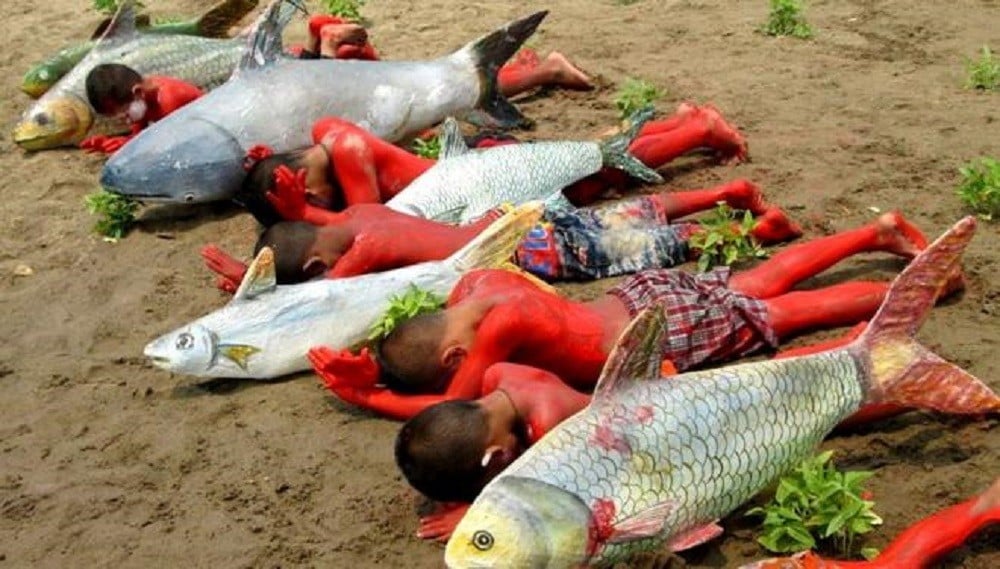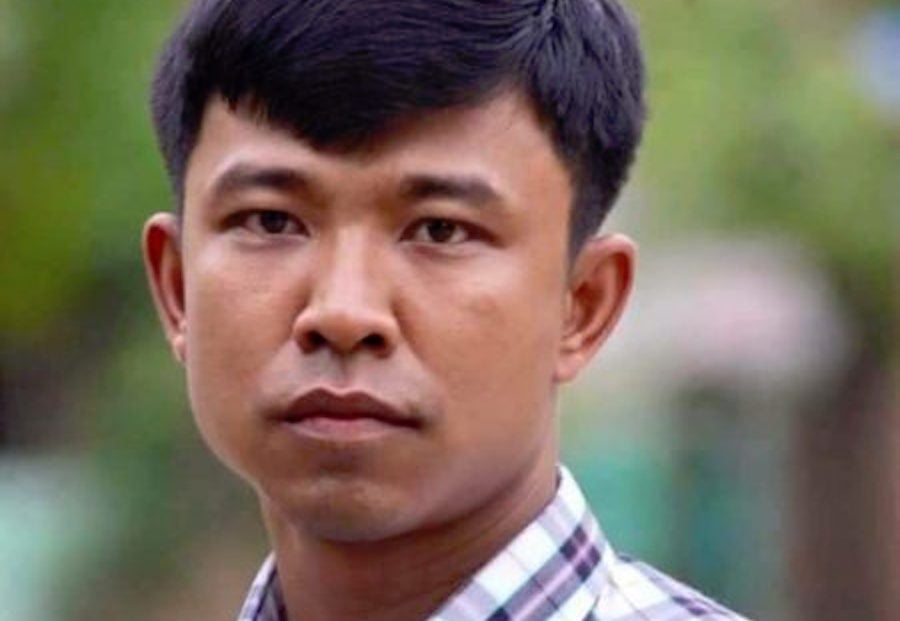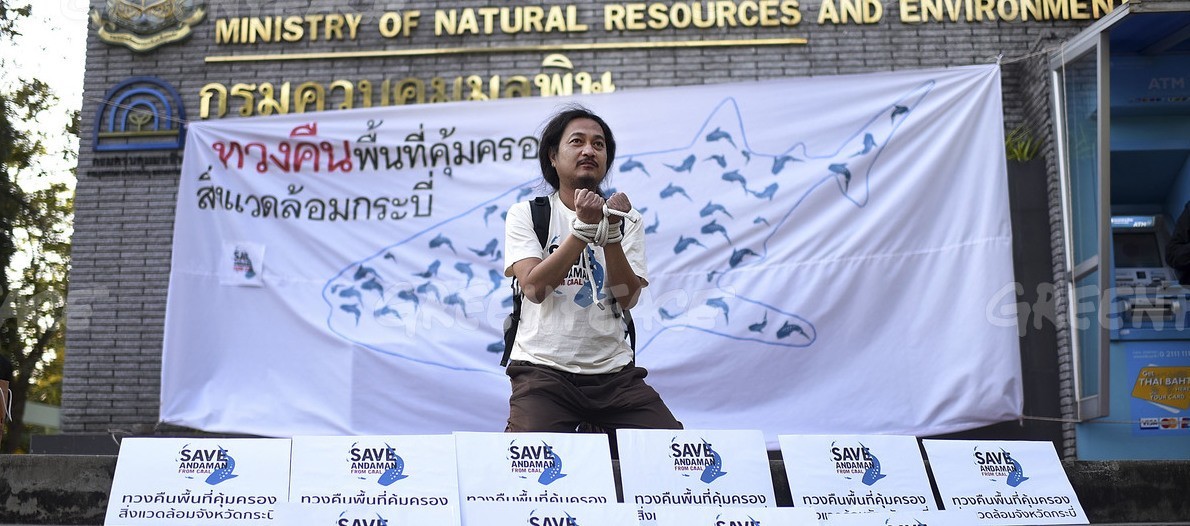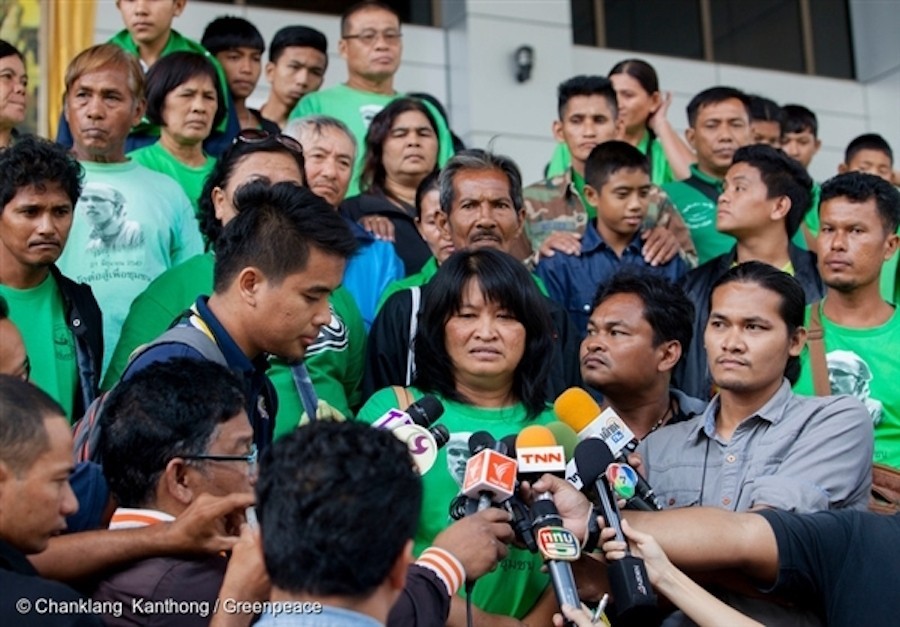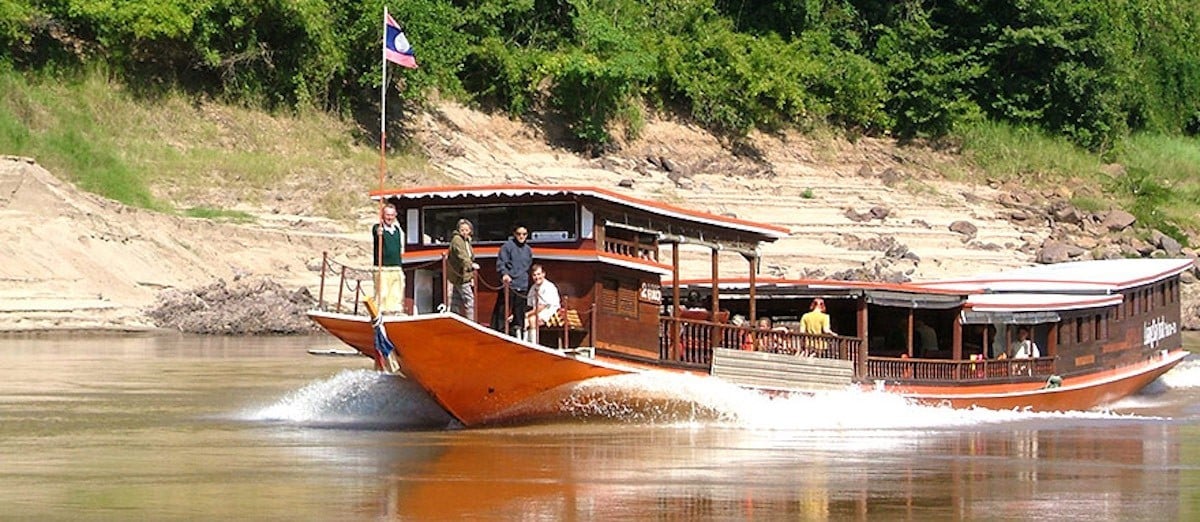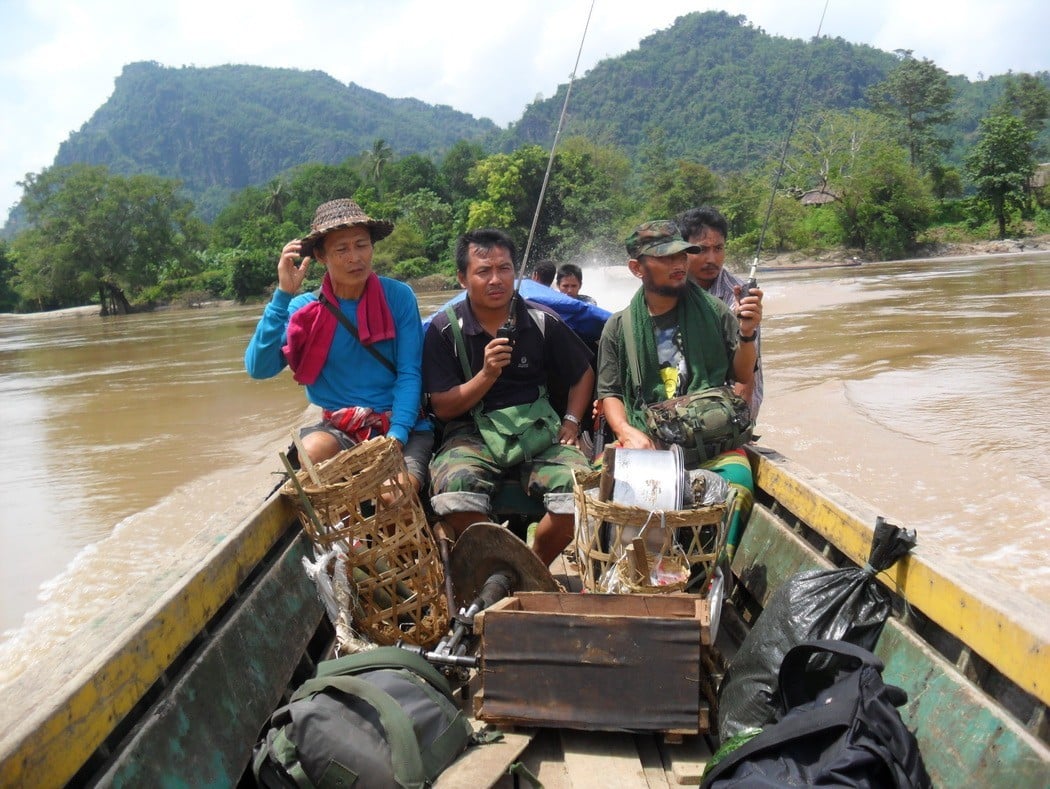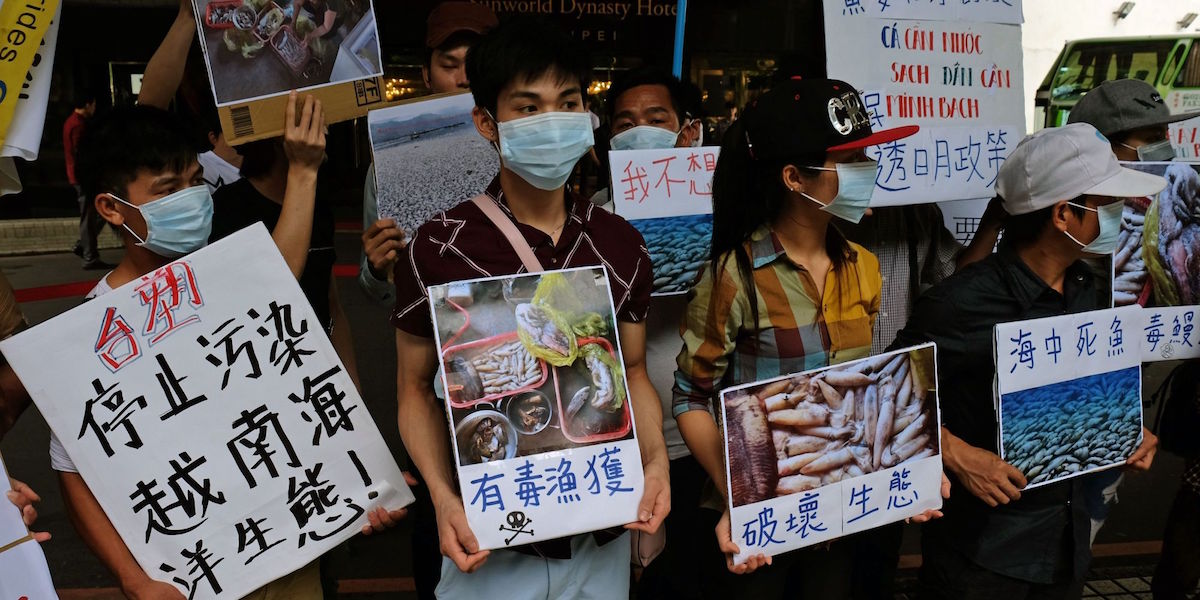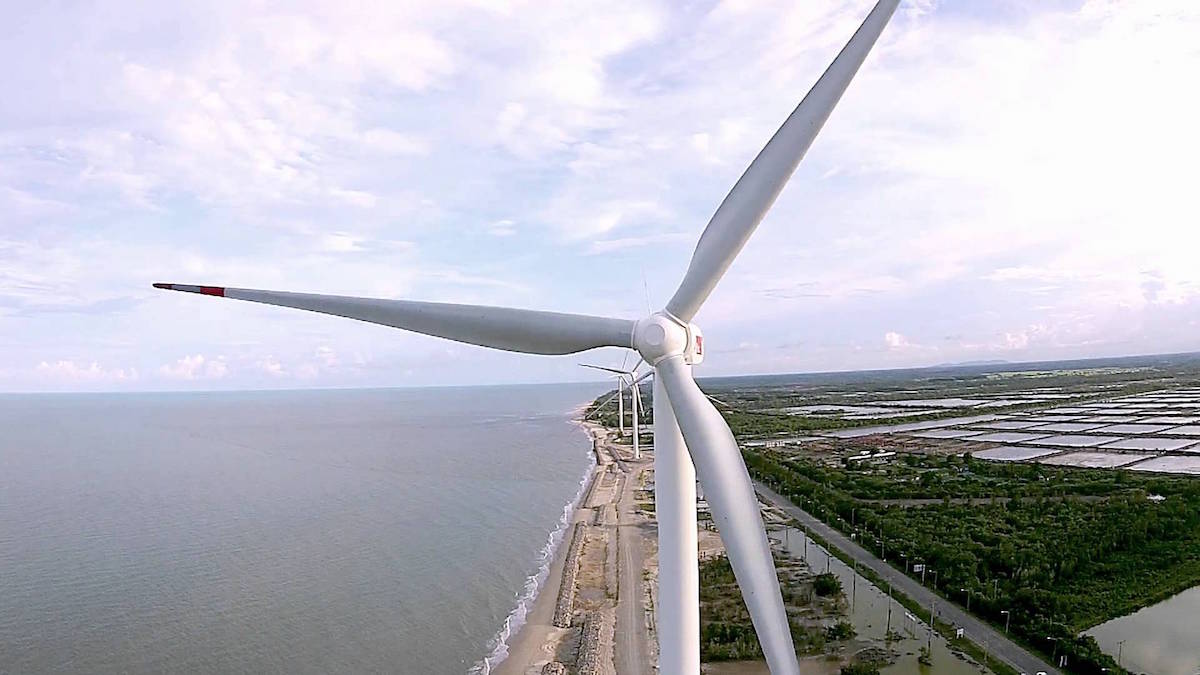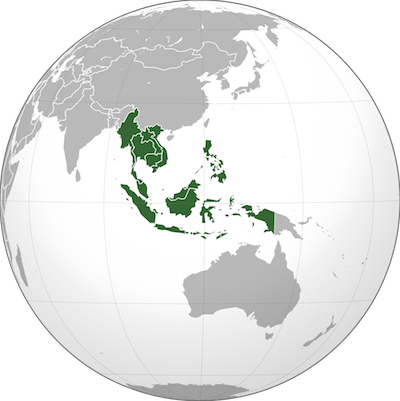Amidst the many challenges Myanmar now faces, the threats to the environment are urgent – and they are growing more extreme. The situation is especially serious in the case of mega dams and hydropower where a host of projects are being promoted, without appropriate planning or public consultation, that are likely to cause irreversible harm to communities and natural ecosystems around the country. Not only are many of the projects located in nationality areas that are conflict zones, but the bulk of the energy produced will also be exported to neighbouring countries.
Category: Opinion
Collection of opinions relevant to the Mekong environment published in media outlets across the globe.
Another victim of illegal logging and forest crime?
The killing in Myanmar of a journalist who covered issues related to illegal logging in the country must be investigated thoroughly and all findings made public.
Soe Moe Tun was based in the Sagaing region, working with Eleven Media News in Myanmar. According to initial reports today (December 13), he was found with extensive head and facial injuries; local police have begun an investigation into his death.
Clean energy for Krabi
In a bid to create the impression that the coal-fired power plant in Krabi has won backing from locals, Krabi governor Pinit Boonlert submitted a list of supporters’ signatures last week, totalling 15,000, to the government. That is worrisome.
The move came immediately after Prime Minister Prayut Chan-o-cha said the government attached importance to public participation and would pay heed to locals’ needs when making a final decision over the contentious project in the province with a population of 456,800. He made the comments in response to the fresh round of protests by anti-coal supporters at Government House last month.
ASEAN insurance role in infrastructure financing
Insurance, known for its long-term nature, plays an essential role in supporting and sustaining economic growth in the ASEAN region. Beyond the traditional protection products, the insurance industry provides capital with a long-term investment horizon and generates opportunities for public-private partnerships in infrastructure projects that are instrumental to economic growth.
Development as Unfreedom: Shrinking Democratic Spaces in Asia
The real sign of development and democracy is how a country respects, protects and promotes freedoms and human rights. The biggest challenge of our times is the increasing gap between the promises and performance of states and governments in relation to the protection of the freedoms and human rights of their people. This is most evident in many countries in Asia, with the shrinking of freedom and democratic spaces resulting in increasing attacks on human rights defenders.
A call for basin-wide energy plans
Preparatory work for the next big dam on the Mekong — Pak Beng — in northern Laos has begun. This news supports the widespread narrative that the current rapid pace of dam construction on the Mekong River will continue until the entire river is turned into a series of reservoirs. Certainly the construction of even a few large dams will severely impact food security in the world’s most productive freshwater fishery and sharply reduce the delivery of nutrient-rich sediment needed to sustain agriculture, especially in Cambodia and Vietnam’s Mekong Delta.
However, our ongoing research and communication with regional policymakers provides compelling evidence that not all of the planned dams will be built due to rising political and financial risks in the region. As a consequence, we have concluded in our most recent report that it is not too late for the adoption of a new approach that would optimise the inescapable “nexus” of tradeoffs among energy generation, food security, and water use and better protect the core ecology of the river system for the benefit of future generations.
Can Myanmar’s hydropower study truly be for the people?
In recent weeks, violent clashes in Kayin State have further disrupted Myanmar’s fragile peace process. Fighting between the Democratic Karen Buddhist Army (DKBA) and the government-sponsored Border Guard Force (BGF) in Mae Tha Waw areas of Hlaingbwe township, and more recently near Kawkareik township, has displaced over a thousand people. Entire families have fled their homes and are left stranded with limited access to food and assistance, producing nothing short of a humanitarian crisis. Across the border in Thailand, nearly 60,000 people remain in refugee camps, having fled ongoing conflict over the past two decades.
In Vietnam, telling the truth is criminal ‘propaganda’
On Oct. 10, police in the south-central province of Khanh Hoa arrested a popular blogger, Nguyen Ngoc Nhu Quynh, 37, who writes under the pen name Mother Mushroom. She is co-founder of a network of independent bloggers who often find themselves in the crosshairs of a regime that strictly controls the news media and does not tolerate dissent. Radio Free Asia quoted the network as protesting that Ms. Quynh is an “activist who has advocated for human rights, improved living conditions for people, and sovereignty for many years.”
Renewable energy gains offer us a cleaner future
China has made a number of significant steps towards building a future of more sustainable energy.
President Xi Jinping has made good on his commitment to increase the supply of renewable energy at the climate change conference in Paris last year, a time when the toxic smog choking streets in Beijing and Shanghai was making global headlines. I wrote about this at the time in my column “China’s energy paradox”.
Asia: Heading towards a seismic shift
In a decade’s time, visitors to Asean, South and North Asia may find their personal experiences in their respective destinations differ quite drastically.
Each Asian nation is busy operating at its own pace, plotting a new stage of economic development and growth – despite ongoing global economic uncertainty.
In the process of this seismic shift, some countries have chosen to work in partnerships while others are tackling the challenges alone. All of them reflect Asia’s unique aspiration to take on global competitive pressure. Some nations aim to get out of the middle-income trap, while others want to secure a higher standard of living for their people.


